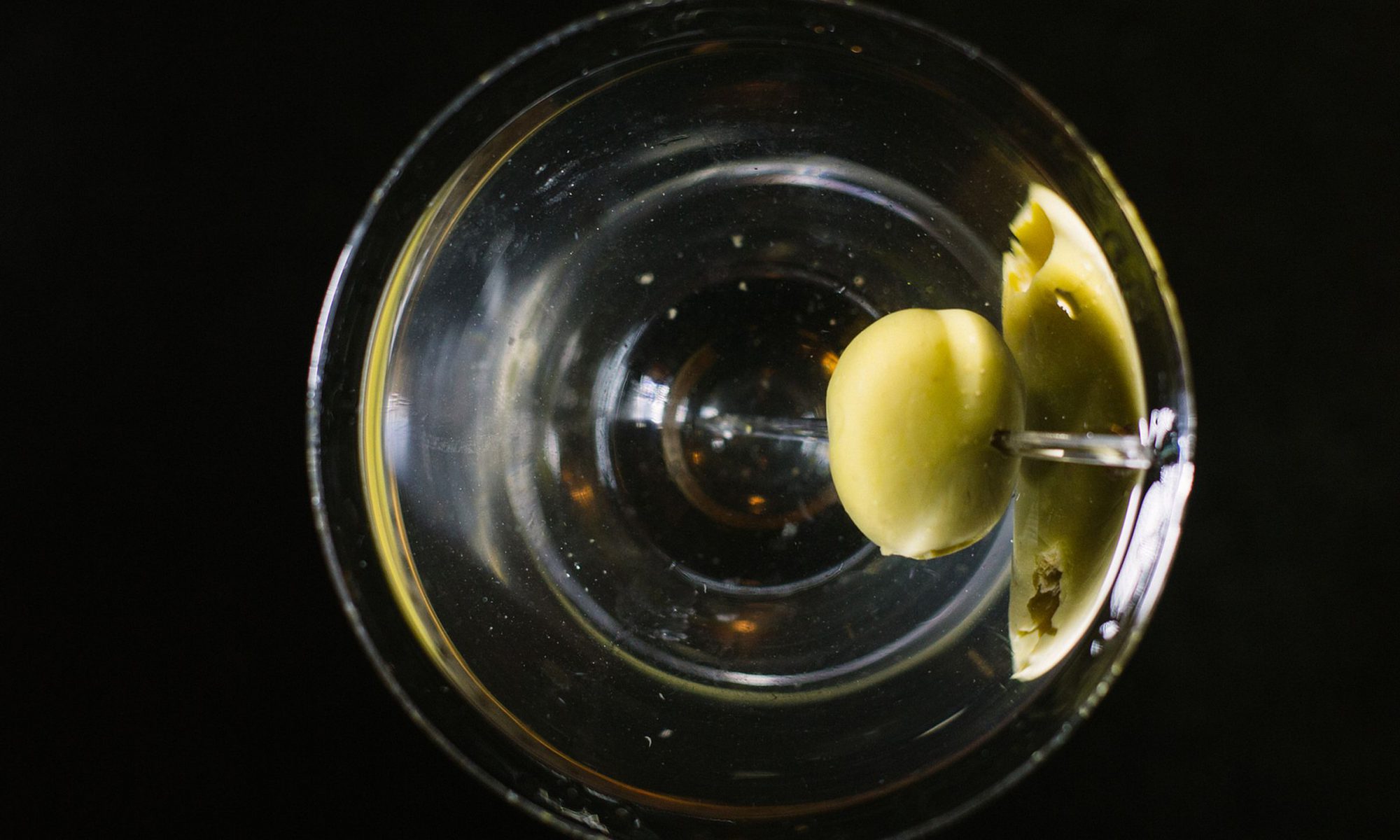Differently from the majority of famous cocktails, the origin of the Martini are beautifully controversial, and deal with both the origin of the drink – considered as a mix of some kind of gin with some kind of vermouth – and the origit of its name.
Even if the Martini is considered a truly American drink, a rather unknown theory puts its origins in Europe. A German musician, Johann Paul Aegius Schwartzendorf, emigrated to France in 1758 and changed his name to Jean Paul Aegide Martini, in line with the vogue of Italian composers. Apparently, his favorite drink was a mixture of gin and white wine, which became known among French musicians with Martini’s name. Some of these French musicians may have emigrated to the United States, bringing the drink they called a Martini with them, and voilà.
But it is in the US, and specifically in California, where most of the myths of origin of the Martini take form.
One of the most frequently cited theory is that “Professor” Jerry Thomas, a famous and influential 19th century bartender, invented the drink at the Occidental Hotel in San Francisco, sometime in the late 1850’s or early 1860’s. As the story goes, a miner, about to set out on a journey to Martinez, California, put a gold nugget on the bar and asked Thomas to mix him up something special. Thomas produced a drink containing Old Tom (sweetened) gin, vermouth, bitters, and Maraschino, and dubbed it the “Martinez,” in honor of the customer’s destination.
A similar theory is supported by the citizens of Martinez, California, who nevertheless suggest that the miner’s journey took place in the opposite direction. Sometime around 1870, our miner stopped on his way to San Francisco at the saloon of Julio Richelieu in Martinez, and paid with a sack of gold nuggets for a bottle of whisky. The miner complained that this wasn’t quite enough for the amount of gold he had given, so the bartender made up the difference by mixing up a small drink of gin and vermouth, garnished with an olive, which was called “Martinez cocktail”.
Notably, the Martinez recipe was first published in 1887 in The Bartenders Guide, the first bartenders manual of its kind, so both these thories are realistic.
What is important to keep in mind is that, even if the Martini (most probably) derived from the Martinez, the cocktail evolved so much in the first decades of the XXCentury that it sort of became something different. Remember that Old Tom was a sweetened gin, quite unlike the dry London gin of today, the vermouth used was most likely the sweet variety, and the Maraschino further sweetened the drink. So, some theory seem to explain th origin of the Martini based on its name, giving less importance to its ancestor with the “z”.
But: why and when did the name change from Martinez to Martini?
Some connect the name “Martini” with the Italian vermouth company Martini and Rossi, which already in 1871 shipped 100 cases of red vermouth to New York. This theory, which has often been dismissed because this shipping happened years after the creation and popularisation of the Martinez, might connect with the moment when the name changed from “Martinez” to “Martini”.
A second explanation suggests that the name Martini is derived from a British-made rifle called Martini & Henry used by the English army between 1871 and 1891 because of its kick, even if the connection between British soldiers and American bars is not that obvious.
A third theory claims that the cocktail new name derives from a bartender at the Knickerbocker Hotel named Martini di Arma di Taggia invented it in 1911 for John D. Rockefeller. Even if by that time the Martini, and for sure the Martnez, was already around, this seems to be the first time the martini made its way into Wall Street, that will become the place of the “three Martini lunch”. Notably, Rockefeller’s martini was mixed with London Dry Gin, dry vermouth, bitters, lemon peel and one olive.
So, who mixed the first Martini, and where?
Our preferred story is that in the last decades of the IXX Century one bartender in California – probably in San Francisco, or in Martinez – wanted to produce something soecial and “pregious as gold” and had the idea of mixing (sweetened) gin and (sweet) vermouth. This drink, that was recorded under the name “Martinez” in the very first cocktails recipe book, became then drier and drier, until an Italian Bartender in the famous Knickerbocker bar, substituted the ingredients with dry gin and dry vermouth, suggesting to Mr Rockfeller a new name for the drink: Martini, which was both the name of the bartender and the brand of the vermouth used in the drink.
